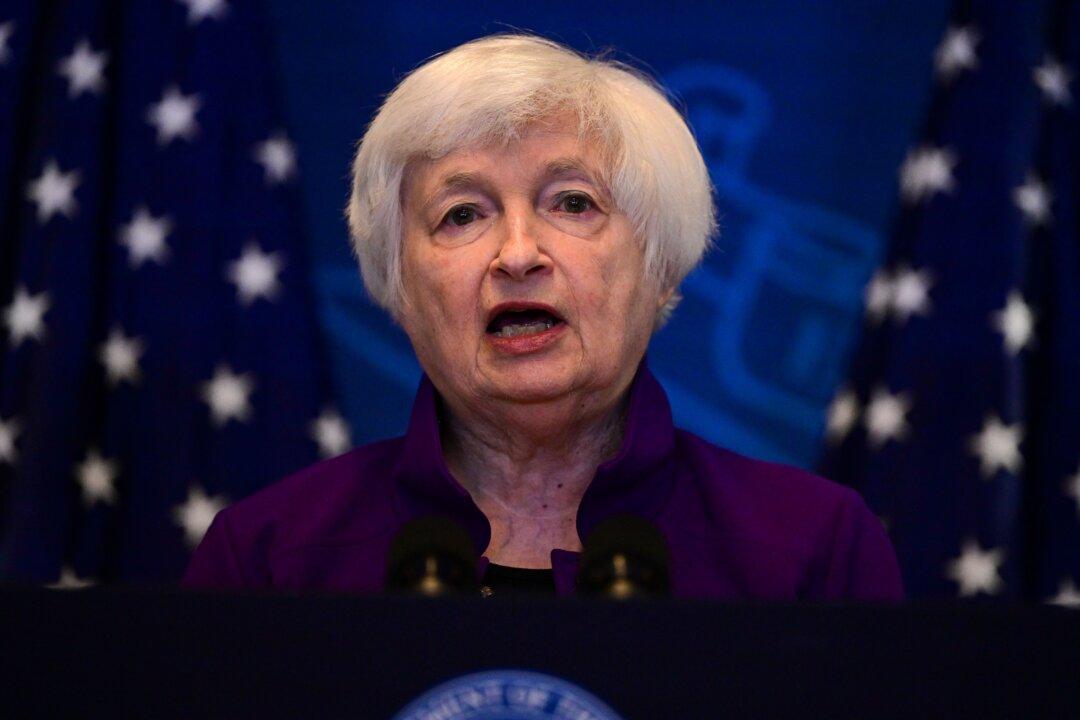Treasury Secretary Janet Yellen said that a U.S. recession is still “not completely off the table” in the near future, but she claimed the country is on the right path in bringing down decades-high inflation.
“It’s not completely off the table,” Ms. Yellen told CBS News’ “Face the Nation” on Sunday about a possible recession after the Department of Labor’s June jobs report was the weakest in more than two years. American employers, the report said, added about 209,000 jobs in June 2023—the worst showing since December 2020.





